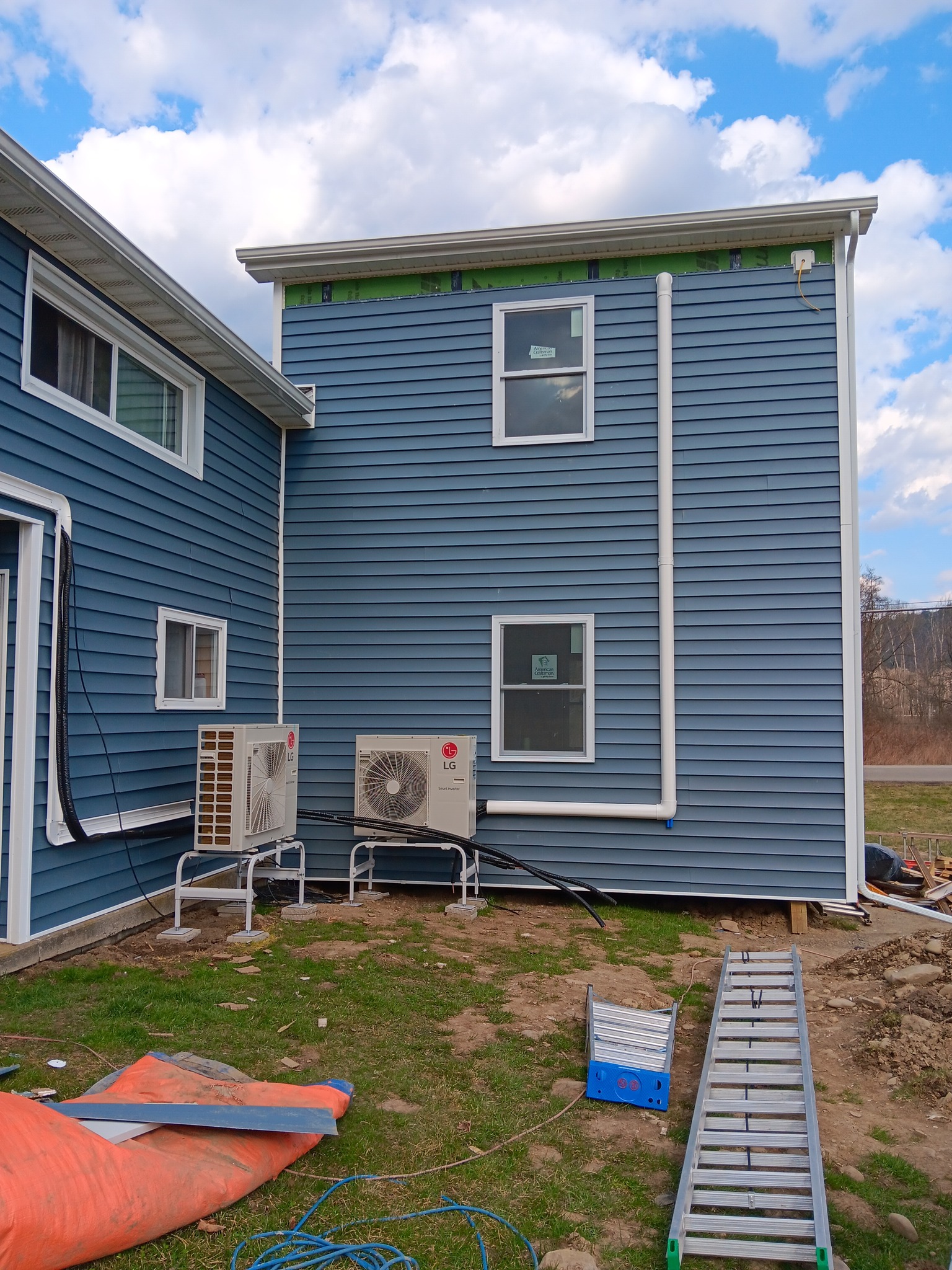
Energy Efficiency Tips: Maximizing Your HVAC System's Performance Nov 07, 2025
Start by ensuring your HVAC system is properly maintained. Regular maintenance, including cleaning and tune-ups, can enhance your system’s efficiency by 5% to 15%. Dirty filters restrict airflow, forcing the system to work harder to heat or cool your home. Make it a habit to check and replace filters every one to three months, depending on usage and the type of filter. Professional maintenance visits can also identify potential issues early, preventing costly repairs down the line.
Programmable thermostats are another essential tool in energy conservation. They allow you to set your HVAC system to operate only when needed, reducing unnecessary energy consumption. For instance, you can program the system to lower heating or cooling when you’re away at work and adjust to more comfortable settings just before you return. This avoids constant adjustments and ensures the system operates efficiently at all times.
Upgrading to energy-efficient equipment can make a significant difference. If your HVAC system is over a decade old, consider replacing it with a more efficient model. Look for units with a high Seasonal Energy Efficiency Ratio (SEER) rating. Systems with a higher SEER rating consume less energy, offering significant savings in the long run. Although the initial investment might be higher, the return through energy savings and improved performance makes it worthwhile.
Sealing your home is vital to prevent air leaks, which cause your HVAC system to overcompensate. Check around windows, doors, and ductwork for gaps and seal them with weather stripping or caulk. Proper insulation also plays a crucial role in maintaining energy efficiency. Well-insulated areas keep warm air inside during winter and cool air during summer, reducing the load on your HVAC system.
Utilizing ceiling fans to circulate air can lessen the need for constant HVAC use. In summer, set your ceiling fans to spin counterclockwise to push cool air down, and in winter, reverse the direction to clockwise at a low speed to pull air up. This simple adjustment can enhance comfort indoors and lower your dependency on heating and cooling systems.
Landscaping can impact your HVAC system's efficiency. Planting trees and shrubs strategically around your home can provide shade, reducing the amount of direct sunlight your home receives. This naturally lowers indoor temperatures during warmer months, allowing you to rely less on air conditioning.
Consider setting up zoning systems if your home has areas with varying heating and cooling needs. By dividing your home into zones, you can heat or cool only the spaces you use frequently, increasing efficiency and saving money.
In conclusion, enhancing the energy efficiency of your HVAC system involves routine maintenance, strategic upgrades, and home adjustments. By following these tips from AR HVAC Air Conditioning & Duct Services, homeowners can enjoy improved comfort, reduced energy bills, and contribute positively to the environment. Investing time and effort in these changes will ensure that your HVAC system operates at peak performance, providing the most benefit year-round.
/filters:no_upscale()/filters:format(webp)/media/caaa3731-c79f-4a51-bb76-04dcd3c3608c.jpeg)
/filters:no_upscale()/filters:format(webp)/media/31cdf2bd-f9f4-4dd7-9da3-10d92155f751.jpeg)